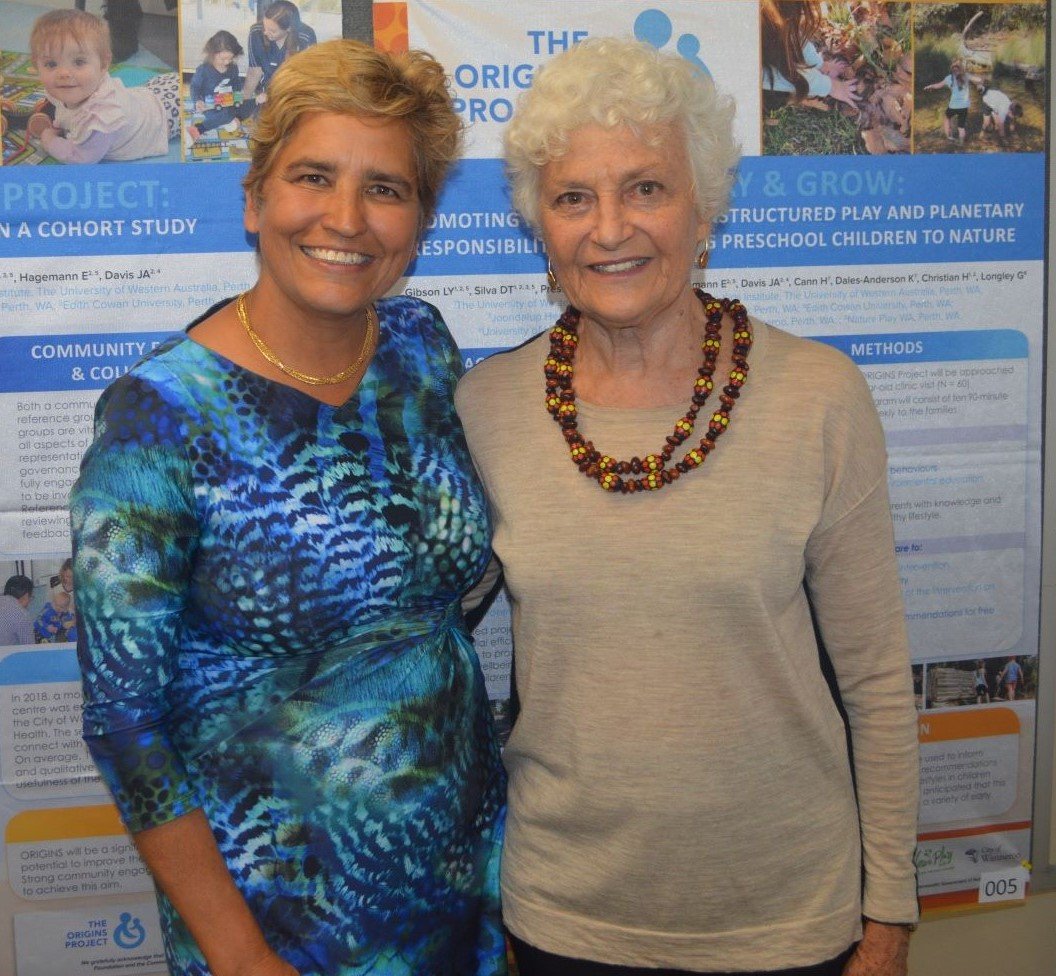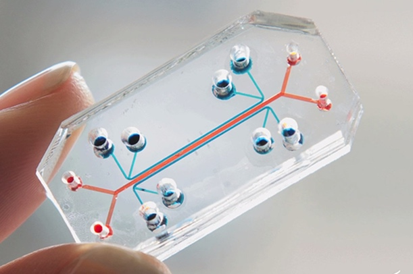Search
Showing results for "clinical trials"
Read about Professor Tim Jones and Associate Professor Liz Davis, co-directors of the Children's Diabetes Centre.
Research
Assessing the Use and Acceptability of Virtual Reality to Assist Coping in Children Undergoing Clinical ProceduresVirtual reality is used as a distraction tool during medical procedures that can cause anxiety and pain. We assessed the usefulness, engagement, value and feasibility of virtual reality to help children cope with routine clinical procedures.
Research
Cyclin-Dependent Kinase-Like 5 Deficiency Disorder: Clinical ReviewClinical presentations and genetic variations in Cyclin-dependent kinase-like 5 deficiency disorder based on a systematic literature review and experience

ORIGINS is a community resource that invites collaborative sub-projects and initiatives.
Research
Patient and Process Outcomes among Pediatric Patients Undergoing Appendectomy during the COVID-19 Pandemic: An International Retrospective Cohort StudyCOVID-19 forced healthcare systems to make unprecedented changes in clinical care processes. The authors hypothesized that the COVID-19 pandemic adversely impacted timely access to care, perioperative processes, and clinical outcomes for pediatric patients undergoing primary appendectomy.

Respiratory disease is a global issue and international networks are critical to informing best-practice approaches to the clinical care and management of childhood respiratory health.
Research
The Long-term Impact of Serogroup B Invasive Meningococcal Disease (IMD) in Australian Adolescents and Young Adults: AMEND studyChristopher Peter Blyth Richmond MBBS (Hons) DCH FRACP FRCPA PhD MBBS MRCP(UK) FRACP Centre Head, Wesfarmers Centre of Vaccines and Infectious
Research
YoDA-F (Youth Depression Alleviation – Fish Oil)Investigators: Ashleigh Lin, Charlotte Pugh, Matthew Poh Anti-depressant medication is not always an effective treatment for young people with

Research
The safety of seasonal influenza vaccines in Australian children in 2013Our objective was to examine influenza vaccine safety in Australian children aged under 10 years in 2013.
